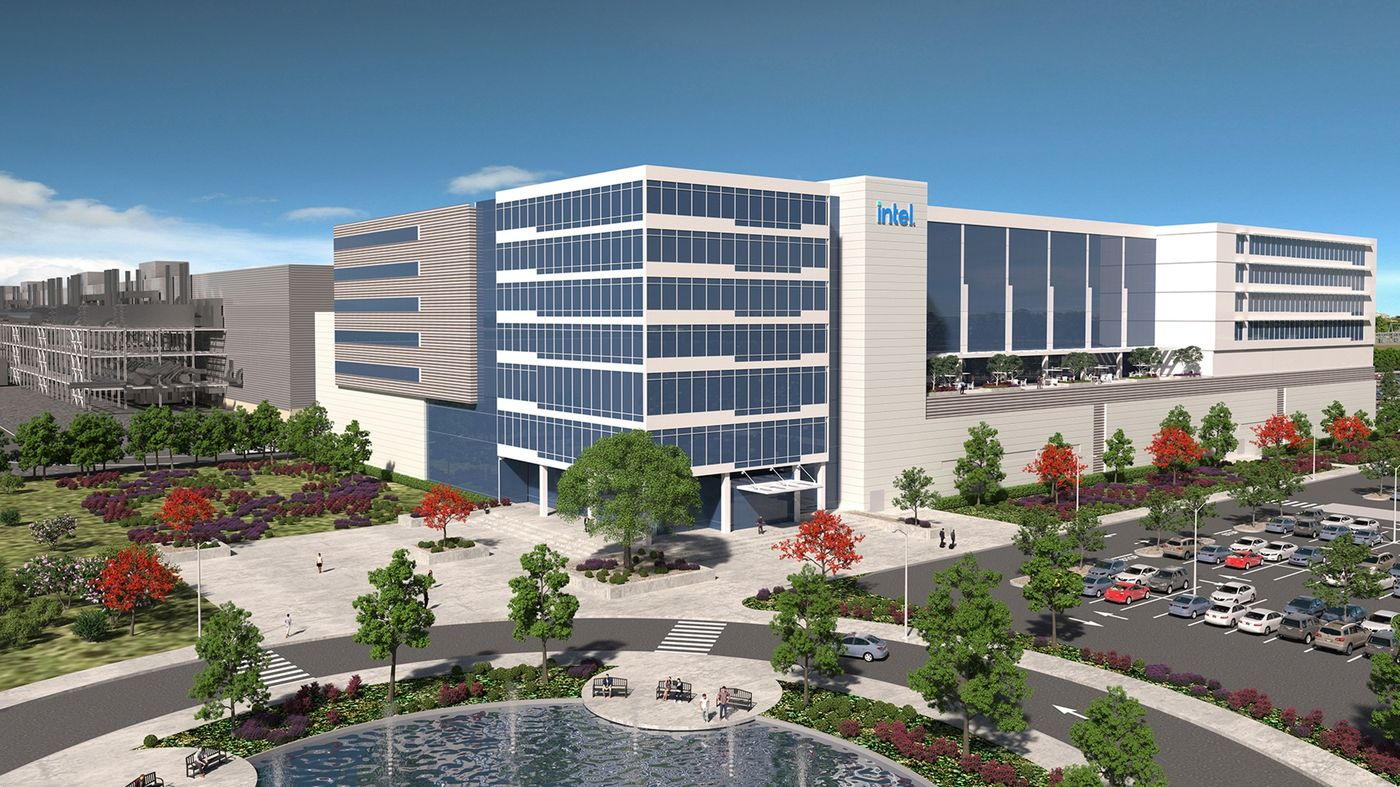Intel has confirmed significant moves for its foundry business and European presence, as the chip giant struggles to realise its long-running turnaround plan.
Intel CEO Pat Gelsinger in a message to employees regarding the next phase of Intel’s ‘transformation’, confirmed the firm plans “to establish Intel Foundry as an independent subsidiary inside of Intel.”
The firm also confirmed it will pause development of two planned chip factories in Germany and Poland. This development is a setback for Germany’s economy which has been battling recession for two years.
The announcement is also a blow the European Union goal to produce at least 20 percent of the world’s cutting-edge semiconductors by the end of the decade.

Intel’s troubles
It was back in March 2021 when Gelsinger had implemented Intel’s turnaround plan (IDM 2.0), which was designed to regain the company’s competitive edge, and help it focus on revitalising its manufacturing capabilities (including manufacturing chips for other companies), investing in advanced chip technologies, and expanding into new markets.
However industry observers warned it would take years to realise the plan to turn around Intel’s foundry business, and many expect TSMC to maintain its foundry lead in the coming years.
Intel shed staff in both 2022 and 2023, but then the firm last month shocked the world when it revealed disappointing second quarter financial results, and confirmed it would cut 15 percent of its 116,500 strong workforce (roughly 15,000 jobs).
Gelsinger’s confirmation that “costs are too high, our margins are too low”, coupled with weak forecasts and the suspension of dividend payments to investors, triggered the largest single day drop in Intel’s stock price in 50 years, after it plummeted 26 percent on 2 August. This caused Intel’s market value to sink more than $32 billion in a single day.
Angry Intel shareholders then sued the firm, alleging the chipmaker fraudulently concealed problems that led it to post weak Q2 results, slash jobs and suspend its dividend payment.
Intel sold its stake in UK chip designer ARM Holdings, and then semiconductor veteran Lip-Bu Tan resigned “effective immediately” from Intel’s board of directors, amid reports of differences with CEO Gelsinger over what Tan considered Intel’s bloated workforce, risk-averse culture, and lagging AI strategy.
Tan’s exit reportedly left a vacuum of chip-industry technical and business acumen on Intel’s board, which is said to be mostly populated by leaders in academia and finance, and former senior executives from the medical, tech and aerospace industries.
Last month it was reported that Intel was exploring its strategic options, allowing the board to consider a full range of options, including splitting off and selling the businesses.
Intel foundry
Into this now comes the confirmation from Gelsinger that Intel will spin off Intel Foundry as an “independent subsidiary inside of Intel.”
Gelsinger in his message also sought to reassure that Intel has “a strong Board comprised of independent directors whose job it is to challenge and push us to perform at our best.”
The board agreed that Intel must build on momentum in the Foundry business; continue acting with urgency to create a more competitive cost structure and deliver the $10 billion in savings target; and finally refocus on its strong x86 franchise as it drives Intel’s AI strategy while streamlining its product portfolio.
Intel has announced that it will expand its strategic collaboration with Amazon Web Services (AWS). This includes a co-investment in custom chip designs, with a multi-year, multi-billion-dollar framework covering product and wafers from Intel.
Intel also confirmed that the Biden-Harris Administration that the chip giant has been awarded up to $3 billion in direct funding under the CHIPS and Science Act for the Secure Enclave program.
Gelsinger in his message stated that Intel Foundry’s “subsidiary structure will unlock important benefits. It provides our external foundry customers and suppliers with clearer separation and independence from the rest of Intel. Importantly, it also gives us future flexibility to evaluate independent sources of funding and optimize the capital structure of each business to maximize growth and shareholder value creation.”
“There is no change to our Intel Foundry leadership team, which continues to report to me,” wrote Gelsinger. “We will also establish an operating board that includes independent directors to govern the subsidiary.”
Gelsinger then confirmed the bad news for Europe, saying that Intel will pause its pause its chip factory projects in Poland and Magdeburg, Germany for two years, while pushing ahead with expansion in Arizona, New Mexico, Oregon and Ohio.

The decision leaves the future of 3,000 potential Germany jobs in limbo and also raises questions over the creation of 2,000 jobs in Poland.





